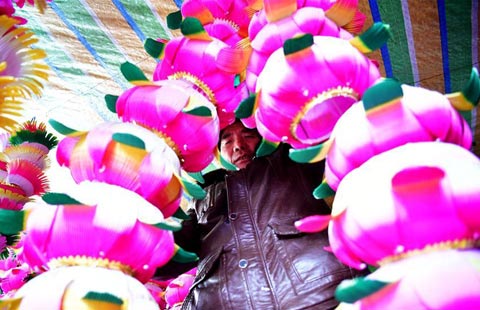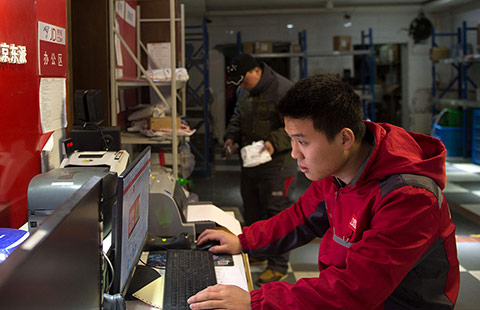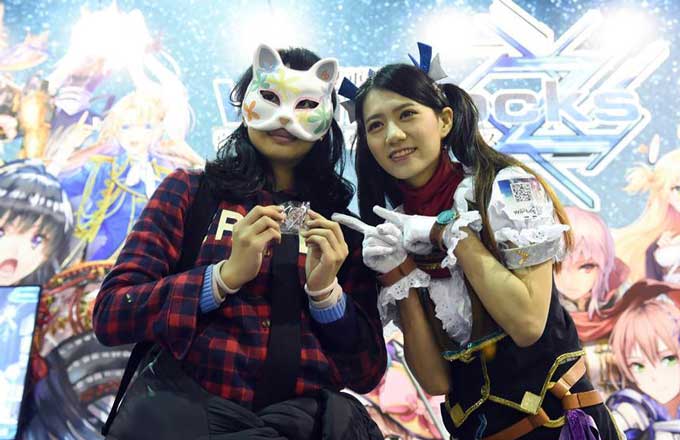Li Ning hit by first annual loss since 2004 listing
By Wang Wen (China Daily) Updated: 2013-03-27 07:41Sportswear sector continues to struggle from excess inventories
Li Ning Co Ltd, China's second-largest sportswear maker by revenue, has reported a net loss of 1.98 billion yuan ($318.78 million) for 2012, highlighting an ongoing overall slump in the sector.
|
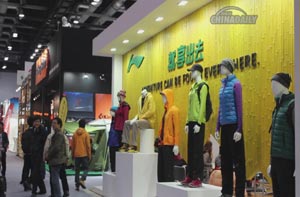 |
The company's revenue declined 24.5 percent year-on-year to 6.74 billion yuan, according to figures released by the Hong Kong-listed group on Tuesday.
It was Li Ning's first annual loss since it listed in 2004, and compared with a profit of 385.8 million yuan in 2011, according to Reuters.
A statement from the company blamed the loss on a drop in business by its wholesale operation, provisions for accounts receivables, and excess inventories - all costs that have been involved in executing its ongoing transformation plan.
Li Ning, the company's founder and chief executive, said its traditional wholesale model is no longer able to meet consumer demand, and problems in its sales channels had started to affect its financial position over the past two years.
"But the transformation of the existing business model and resolution of channel inventory buildup may take time and lead to a near-term downsizing of our business", said Li.
"We believe it is a critical step in positioning the company to become profitable, and to achieve sustainable growth," he added.
The group predicted that market and industry conditions will continue to be difficult at least for the first half of 2013.
"Given the continued uncertainties we understand there are still some challenges ahead," Li added.
Li Ning Co Ltd is the latest Chinese sportswear maker to report a tough performance in 2012.
Net profits at Anta Sports Products Ltd, the largest sportswear manufacturer by revenue in China, declined 21.5 percent year-on-year in 2012 to 1.359 billion yuan, according to the company's annual report.
Peak Sports Products Co Ltd, a major sports clothing manufacturers, saw its revenue fall 37.5 percent year-on-year during the year, with net profit margins at just 10.7 percent, its worse result since 2008, according to its annual report released on March 11.
As well as weaker domestic consumption during the year, largely a knock-on effect of slowing economic growth in 2012, sportswear brand profits continue to be hammered by excess inventories, and overly ambitious expansion.
China's sportswear market boomed in the wake of the 2008 Beijing Olympics, but analysts now say many companies overestimated the market, and expanded blindly.
"The era of high profit margins and rapid growth in the sportswear industry is gone, and will never come back," said a report from Beijing S&P Information Consult Co Ltd.
There is growing pressure on the brands to close stores and rationalize sales networks.
Li Ning Co Ltd cut its stores by 1,821 to 6,434 in 2012, the group said. To improve profitability the group initiated a "Channel Revival Plan" in December 2012 to kick-start its fortunes
Policies within that included the construction of dedicated clearance channels, and the implementation of merchandizing initiatives, which include matching various consumer fashion tastes with different stores.
361 Degrees International Ltd, another Chinese sportswear company, closed 96 of its retail branches toward the end of last year.
Securities Daily reported in February that during 2012, more than 3,000 sportswear stores were shut down by the six biggest sportswear brands in China, including Li Ning and 361.
Du Yanhong, an analyst from CIConsulting, the Shenzhen industry research institution, said lack of product innovation has also limited the development of some of China's leisurewear brands, which still rely too heavily on their original equipment manufacturers.
"Brands cannot gain consumer loyalty when they do not innovate," Du added.
wangwen@chinadaily.com.cn
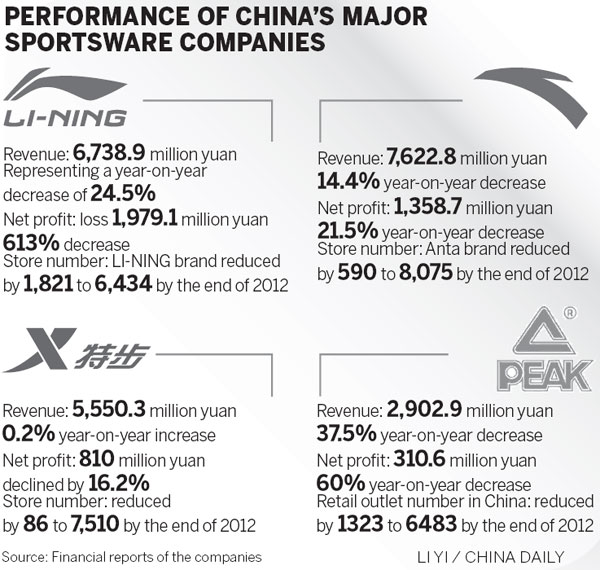
- Survey: Most Chinese place trust in domestic high-tech products
- IPOs set to double to $44 billion
- Co-working sows love across spaces
- Villagers in Henan busy making lanterns to ensure market supply
- Experts say time is right to join TPP
- Central bank warns Bitcoin exchanges over margin trading, money laundering
- China's leading online travel agency eyes bridging the world
- China's passenger vehicles sales fall in January

